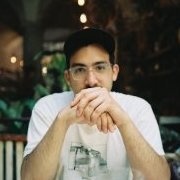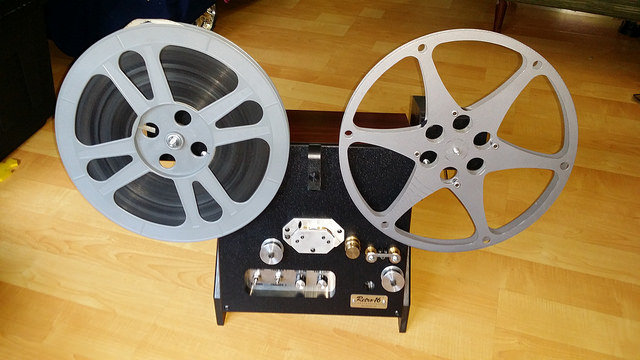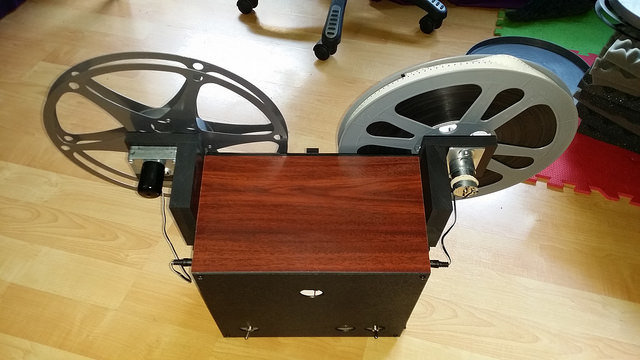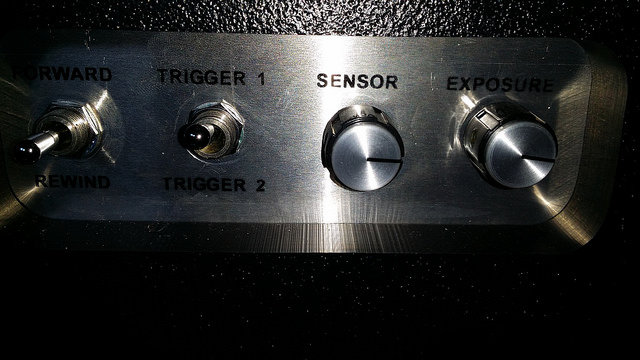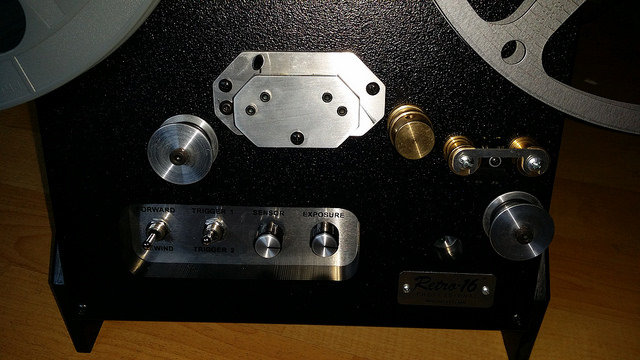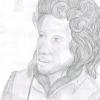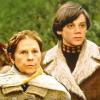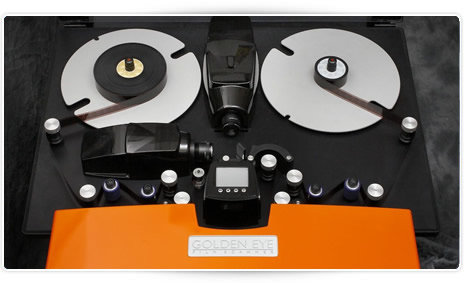Search the Community
Showing results for tags 'film scanner'.
-
What is the difference between scanners with Sequential RGB+Infrared color capture method vs a bayer pattern color capture method? I see that laser graphics offers both models and that the arriscan has the Sequential RGB+Infrared. What is gained from the rgb method ?
- 16 replies
-
Please email sales@broadcastsolutions.com with pricing and details. LOOKING TO PURCHASE (Pre-Owned) FILM SCANNER : Northlight 2, LaserGraphics Director 4K, Scanstation Or A Scanity
- 1 reply
-
- film scanner
- LaserGraphics
-
(and 3 more)
Tagged with:
-
I have a "Retro16 Pro" scanner for sale from "Moviestuff.tv" Practically NEW, I transferred 5 rolls of film, then bought the Universal one. I'm asking $2100 OBO with free shippig to Lower 48 states and 6 month warranty from Roger (manufacturer). Let me know if you're interested. Roland
-
Email For Pricing : sales@broadcastsolutions.com Used On One Project. Director Film Scanner Base 4K & 2K 35mm Pinless Fast Shuttling Module Kodak Digital ICE (DICE) Dustusting System CineDirector Software, 2K 35mm CCD Sensor, LED Light Source, KeyKode Reader, TimeCode, EDL Import, KeyKode EDL Import, Custom Film Transport for gentle film handling, Host Computer with Windows 7 64-bit, Pinless film transport, Lasergraphics Optical registration System, HEPA Filter Positive Air Pressure System, Modular design for fast/easy maintenance, Scanning Speed of 11fps full aperture 2k and HD (8fps when running Kodak DICE). Up to 100 fps shuttling plus thumbnail preview
-
- film scanner
- 4k
-
(and 1 more)
Tagged with:
-
This is sort of a continuation of this thread, but it's 16mm so I wanted to post it here. I'd previously built myself a super 8 scanner using a firewire machine vision camera, an arduino, a stepper motor, and an old projector. I'd been meaning to scale it up to 16mm for a while and finally got around to doing it. It took a few hours of tinkering, but here's my first test footage! The source material is obviously not mine, it's from an old Castle Films "Chimp the Sailor" that I had lying around. This is literally the first thing I've scanned so far, I JUST got it working, so it's not perfect. But not bad for a first try on a very very sub $500 setup, right? Comments/questions are of course are welcomed!
- 19 replies
-
- 1
-

-
- StepCapture16
- DIY
-
(and 1 more)
Tagged with:
-
Applications: Restoration of old film in SD, HD, 2K or 4K resolutions. High resolution scanning for DI grading. Real time scanning into digital dailies or WEB/DVD distribution monetizing of your old film. Sensors: 2K and 4K True RGB colour 12bits per colour depth. Gate offered: 35mm Academy non contact gate (8mm, Regular 16mm and Super 16mm as well as full contact gates available as separate options) Scans colour print and negatives, B/W Print and negative intermediates. Analog track audio decoding. Output to DPX (8, 10, 16 bit log or linear). Multiple TIFF, Quicktime uncompressed or other codecs, MPEG, AVI, WMV and more. Save more than 60% on the purchase price. We're selling below our cost for these units. We have 2 units in mint condition - hardly used. GEArchiver-datasheet.pdf
-
- filmscanner
- scanner
- (and 8 more)
-
Anyone can look into their film scanner and tell me what light source they are using? Seems like the Spirit Datacines and the Kinettas use either a short-ark Xenon lamp or an RGB tri-LED. But who manufactures these lamps? What are their models? Please help!
- 5 replies
-
- film scanner
- RGB
-
(and 5 more)
Tagged with:
-
Hey everyone, So I've been working on a DIY film scanner and I've got it working somewhat well, so I thought I would share it here just to see if anyone else is interested. It uses an old Dejur Super 8 projector, which is run with a stepper motor and an Arduino. The camera is a Sony XCD U100CR color machine vision camera capable of 1200x1600 pixels. The camera is connected via Firewire using libdc1394 and OpenCV. The software is written in Python, and I'm running it in OSX (10.8.3, if you're curious). I'm still not set on the optics, but currently I'm using a medium format camera lens reversed on a sort of macro rig. But I'm working on that. The Arduino also fires an LED backlight. I call it StepCapture. It runs autonomously, just set it and forget it. Well, in theory. I'm still working out some bugs. And it does take a really long time. About 3 seconds per frame. So about an hour per minute of footage. And setup can take 20 or 30 minutes. But like I said, I'm still working on it! So here's a demo video showing how it works. Note, I'm now using a 9-LED setup. It outputs 1200x1600 sequential tiff files (or jpegs). From that I usually import into Quicktime, save a reference movie, and work with that in Final Cut for sound and any color correction. So here are some samples. Keep in mind, some of this stuff was footage I'd been handling a lot testing the system out, so it's pretty dirty. I'm also still in the process of properly timing the stepper motor and projector, so the image does sometimes roll. Here's some early test footage with Tri-X: This is some more Tri-X: Here's some Ektachrome 100D (and 1 shot of Tri-X): Here's my first test of Vision3 negative. Note that it's 500T and I was shooting outdoors as the sun was starting to go down. I did some quick color correction to take out some of the blue: Here's some Tri-X hand-processed in Caffenol: In all the cost of the project was something like this: Camera: $200 on ebay Projector: $50 Stepper motor: $30 EasyDriver (for the motor): $15 Arduino: $25 Lets say between $325 and $400. So that's pretty much it. If there's any interest I'm happy to share everything, answer any questions, talk about the features, future developments etc. Thanks for reading!


